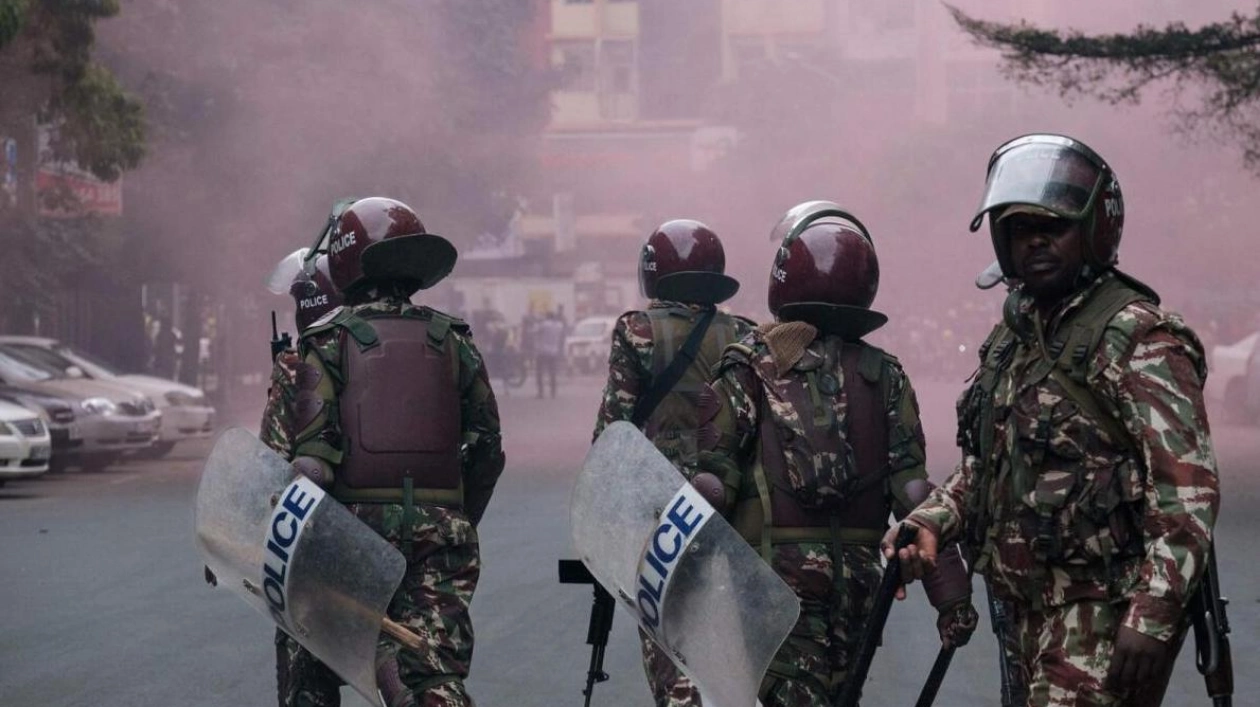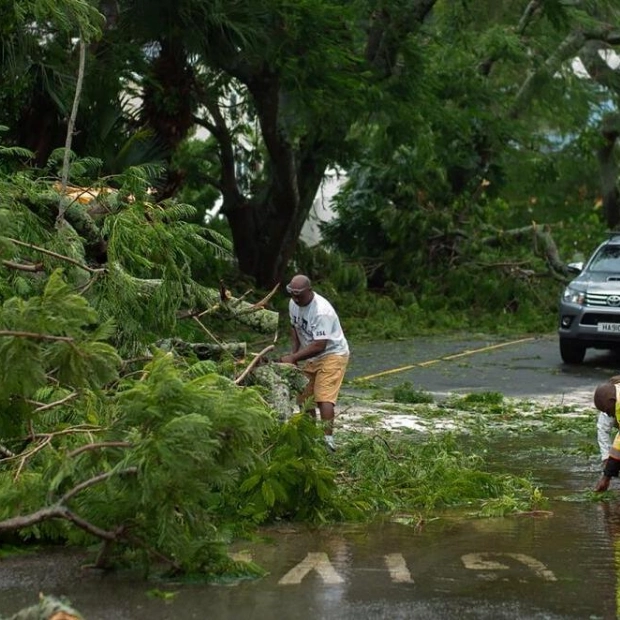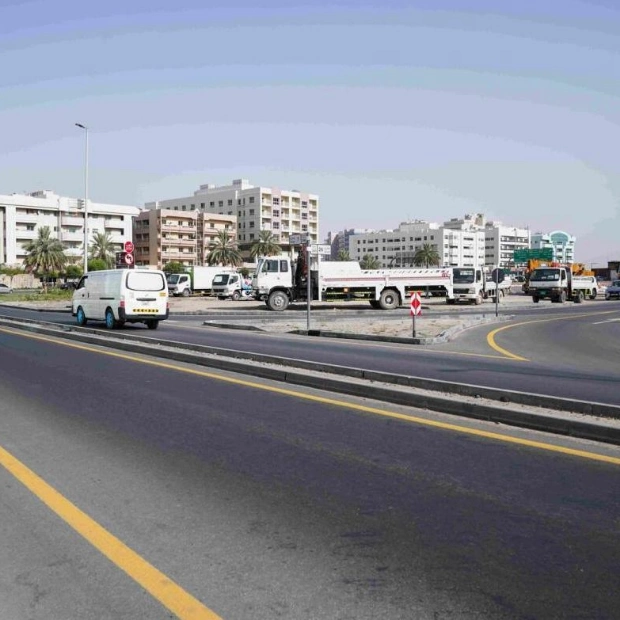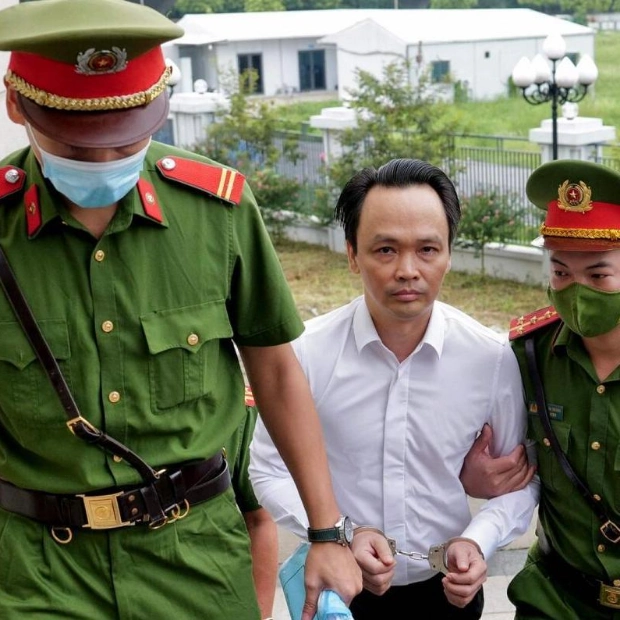On Thursday, Kenya's government intensified its call for an end to weeks of protests, with police banning demonstrations in the core of Nairobi, citing infiltration by criminal gangs. Activists had urged people to assemble at Uhuru Park, near the city center, with camping equipment to "occupy" the area, despite a robust police presence throughout Nairobi.
These youth-led protests, sparked by proposed tax increases a month ago, have persisted even after President William Ruto withdrew the legislation and dismissed nearly his entire cabinet. At least 50 people have died. Activists demand Ruto's resignation and advocate for reforms to combat corruption and improve governance. Government spokesperson Isaac Mwaura stated that the country has incurred losses of approximately six billion Kenyan shillings ($46 million) due to the protests, without detailing how this figure was calculated.
Mwaura assured in a televised address, "The president and the government have heard you loud and clear and are ready to act on your concerns." The protests, orchestrated online without clear backing from opposition leaders, represent the most significant challenge to Ruto's two-year tenure. Police chief Douglas Kanja Kiricho warned that criminal groups were planning to exploit the protests for attacks, including looting, prompting a ban on demonstrations in the Nairobi Central Business District and its environs to ensure public safety.
In a recent move to appease, Ruto promised to form a broad-based government, but the opposition coalition rejected this, calling for a constitutional convention instead. The protests started peacefully but escalated into violence, with some demonstrators briefly storming parliament on June 25, leading to police firing. Ruto's office scheduled "multi-sectoral" talks to address the protesters' concerns, but by Thursday, there was no indication they had commenced. Most protest leaders rejected the invitation, demanding immediate action on issues like corruption.
Activist Boniface Mwangi criticized the protest ban on social media, stating, "The police and President Ruto have no power to suspend rights guaranteed by the constitution." The Communications Authority of Kenya (CA) has warned media against exacerbating violence through their coverage, which could incite widespread civil unrest. CA chief David Mugonyi highlighted instances where media compromised objectivity and balance in reporting on crime, security operations, and crisis situations.






